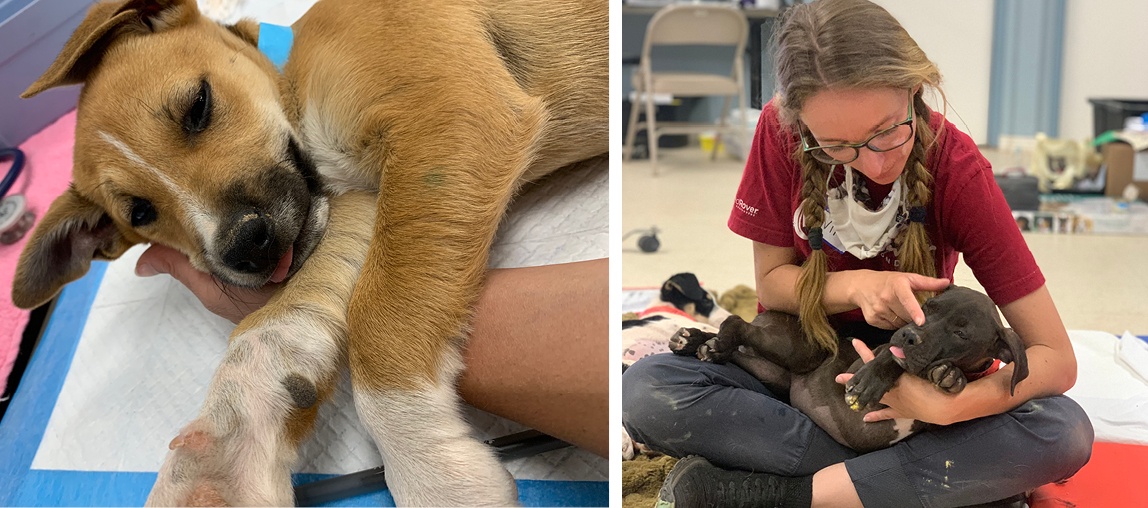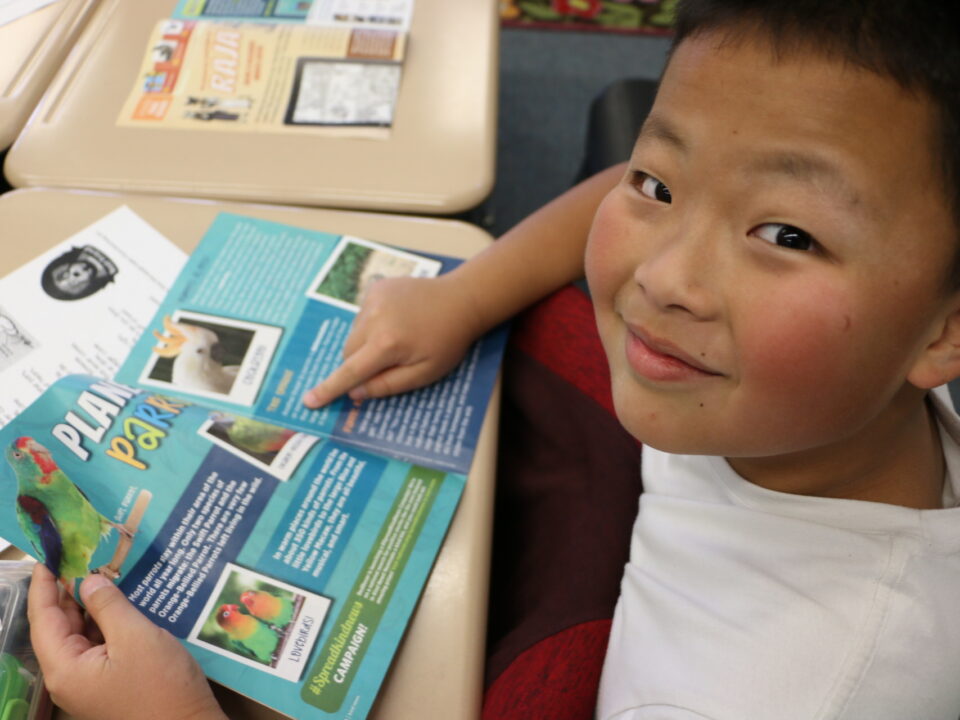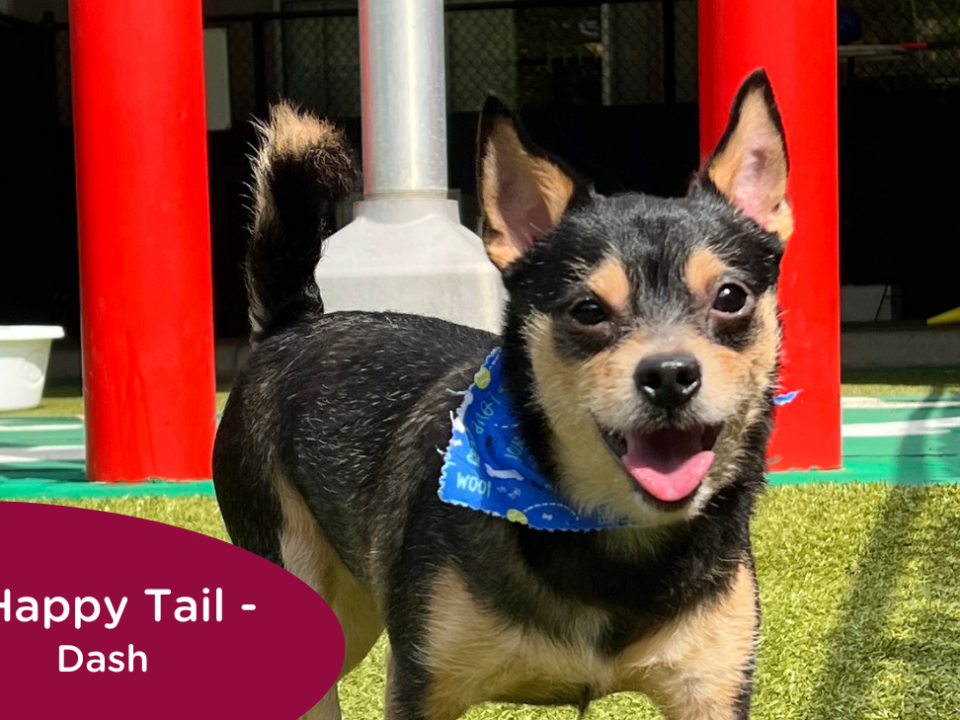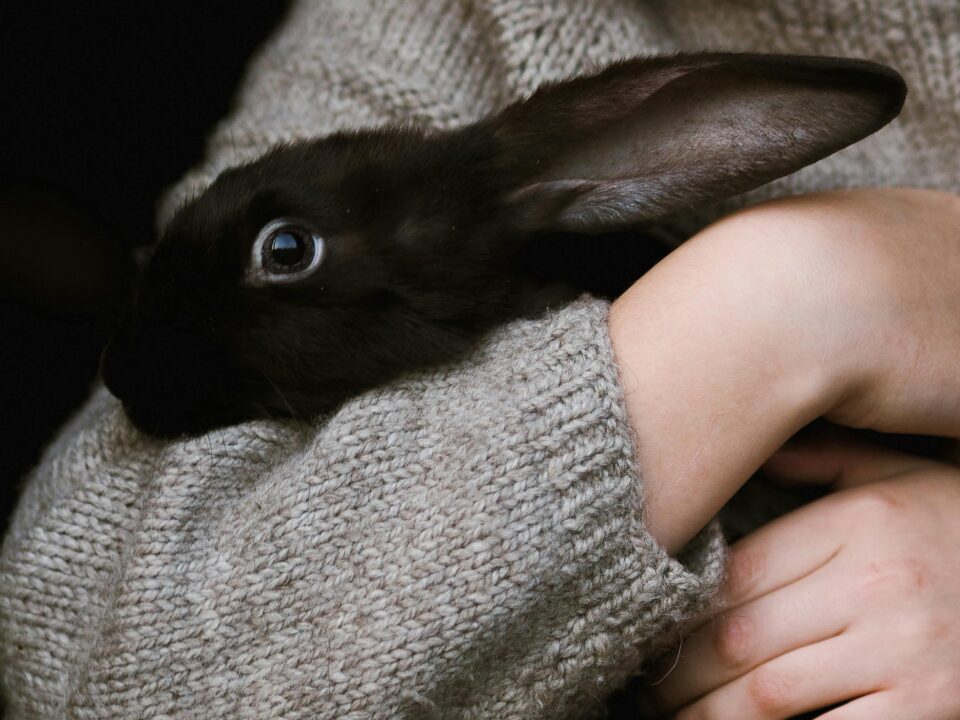Collaborating on the Navajo Nation
August 15th, 2022
By Devon Krusko, Field Services and Community Programs Manager
Our June 2022 deployment to the Navajo Nation came after months of learning, talking, and collaborating with Navajo-led animal welfare groups, community members, and other experts in the field to see how we could best assist the work that is being done across the reservation. With organizations providing free and low-cost vaccines, spay/neuter services, and medical care for community dogs, we were ready to jump in however we could help.
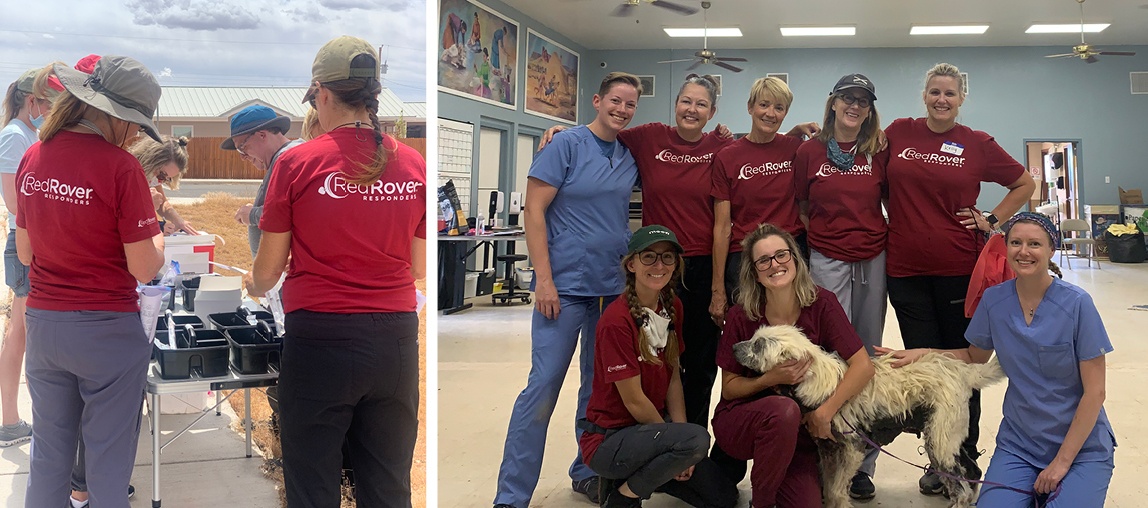
We were thrilled to assist the The Parker Project, a mobile spay/neuter clinic, at their June clinic held in Tuba City, AZ. With a staff of just two, The Parker Project relies heavily on volunteers and community members to serve both people and animals on Tribal Lands. Their operation is extensive: a mobile unit, collaboration with local animal welfare groups and local tribal chapters, multiple veterinarians, veterinary technicians, and volunteers that travel from all over the country. It’s a massive, compassionate effort to reduce the local animal population, with a specific focus on dogs.
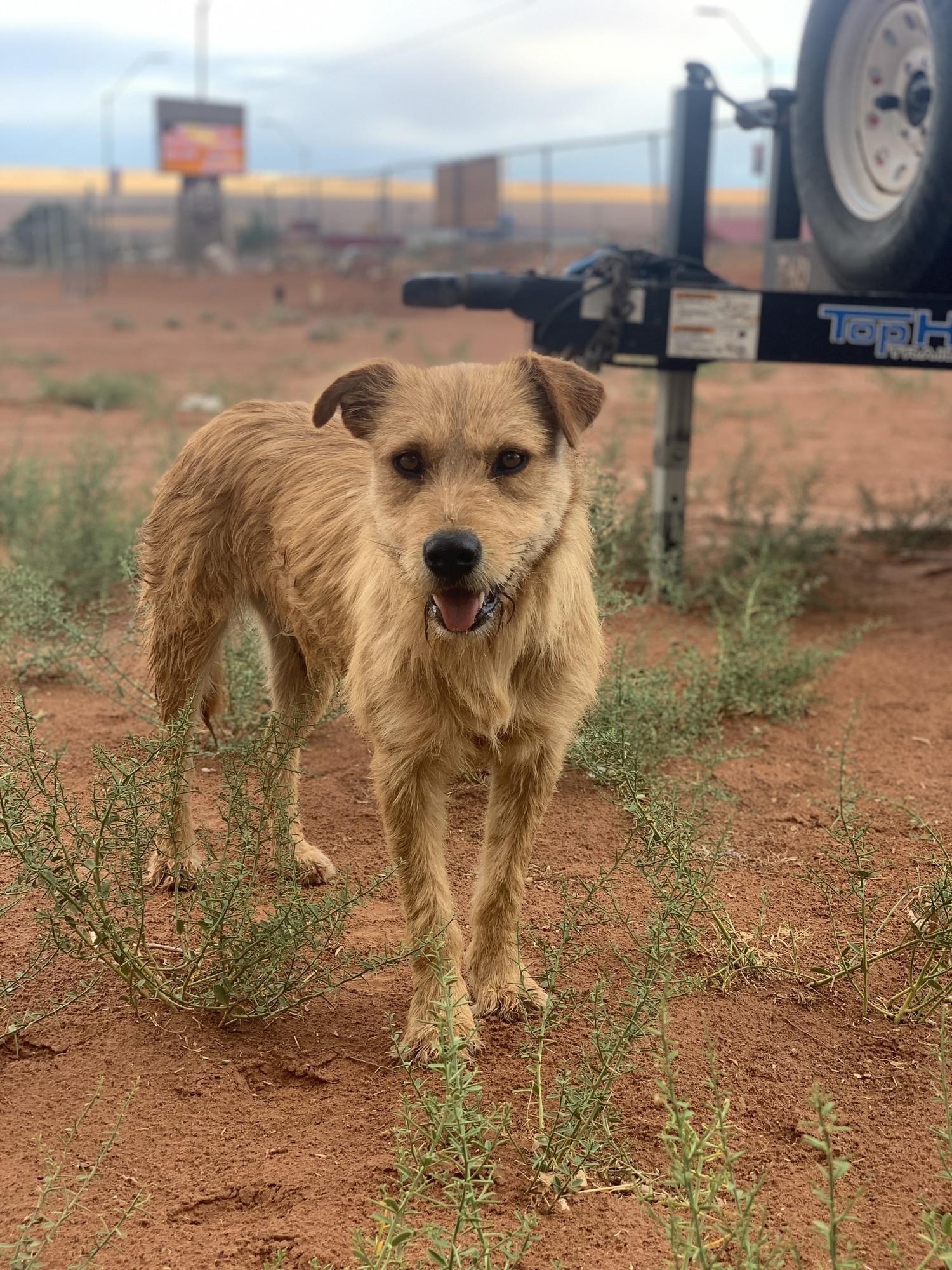 Covering an area larger than West Virginia, the Navajo reservation has an estimated 100,000 to 450,000 dogs and only three private veterinary practices. Combined with systemic barriers, a poverty and unemployment rate of over 40%, and lengthy distances to critical services, all of these factors make equitable access to pet care extremely challenging. Folks like the Parker Project, native-led animal rescue groups, and national organizations are working to provide free and low-cost services.
Covering an area larger than West Virginia, the Navajo reservation has an estimated 100,000 to 450,000 dogs and only three private veterinary practices. Combined with systemic barriers, a poverty and unemployment rate of over 40%, and lengthy distances to critical services, all of these factors make equitable access to pet care extremely challenging. Folks like the Parker Project, native-led animal rescue groups, and national organizations are working to provide free and low-cost services.
Driving through the Navajo Reservation, I was treated to miles of gorgeous sunsets and views – a backdrop for community dogs scavenging for food, playing, wrestling, and surveying the land, which is a very different scene than where most of us live in the U.S. Here, many dogs – like the majority in the world (70% of dogs globally) – are free-roaming. Many people on the reservation recognize the freedom and autonomy these dogs as sentient beings have to just… be dogs. This doesn’t come without issues, such as safety concerns for other animals such as livestock, and people, injuries, and disease. These dogs rely on their instincts, community members, and a bit of luck for their survival.
Over the course of a long weekend, I met hundreds of families and their beloved pets, some waiting hours in line in the heat with kindness and patience. We visited a local chapter and offered services door-to-door, vaccinating animals in the comfort of people’s homes and scheduling wellness visits for dogs with health concerns. Many people were caring for a plethora of animals and using what limited resources they had to provide them with food and shelter.
After long days and an incredible amount of work from volunteers across the country, 249 animals were vaccinated, 109 spayed and neutered, and 27 animals were seen for medical needs and injuries – and this is just one clinic during one weekend! We were so grateful to play a small role in the effort to remove barriers to care for pets and their people.

